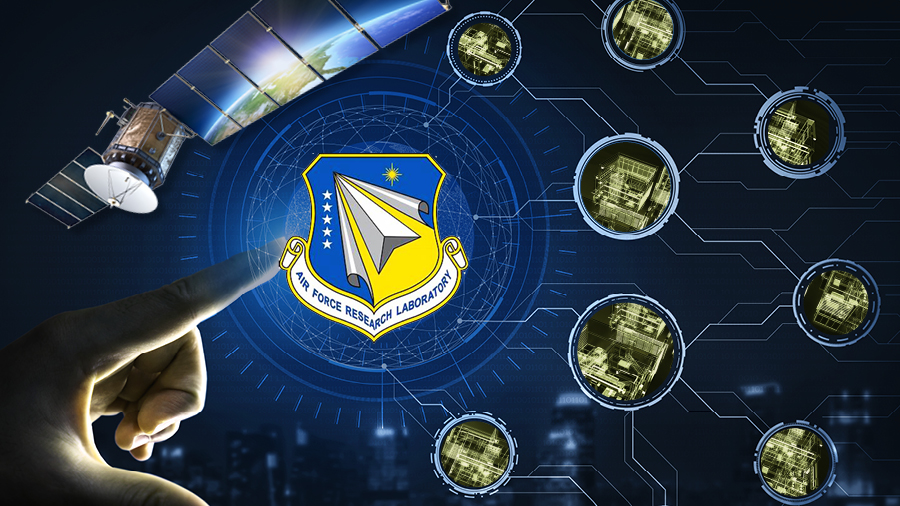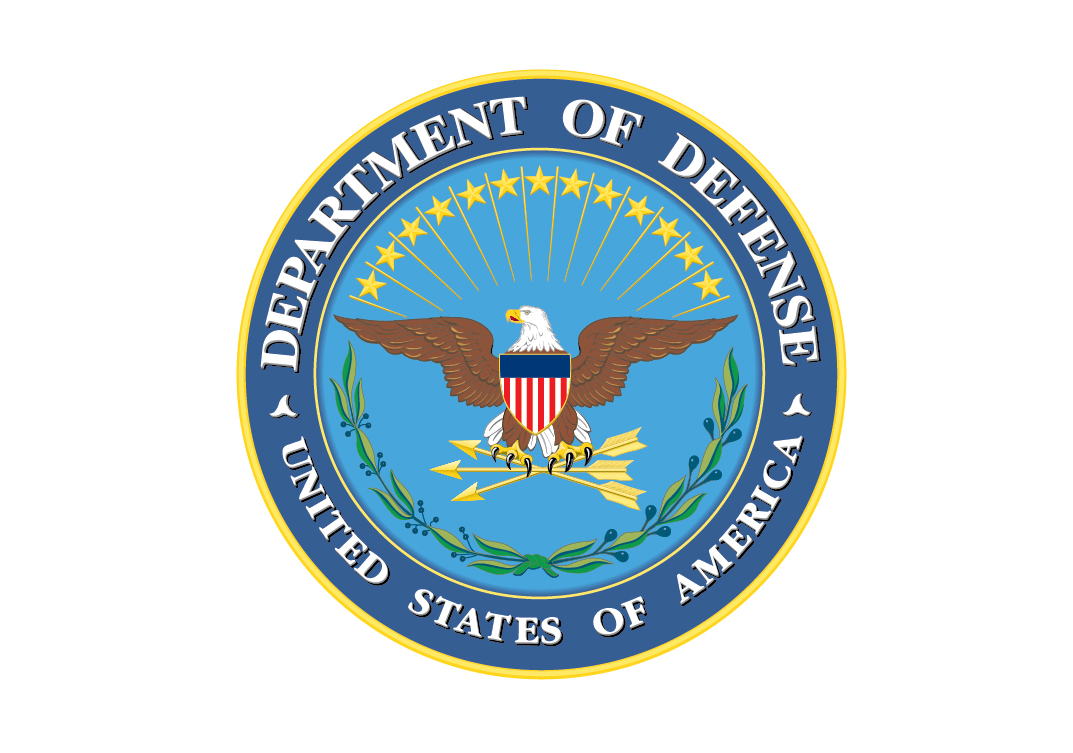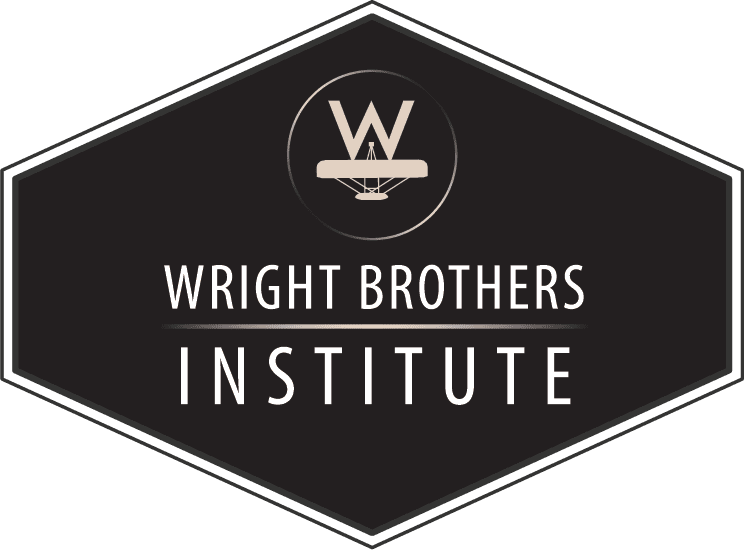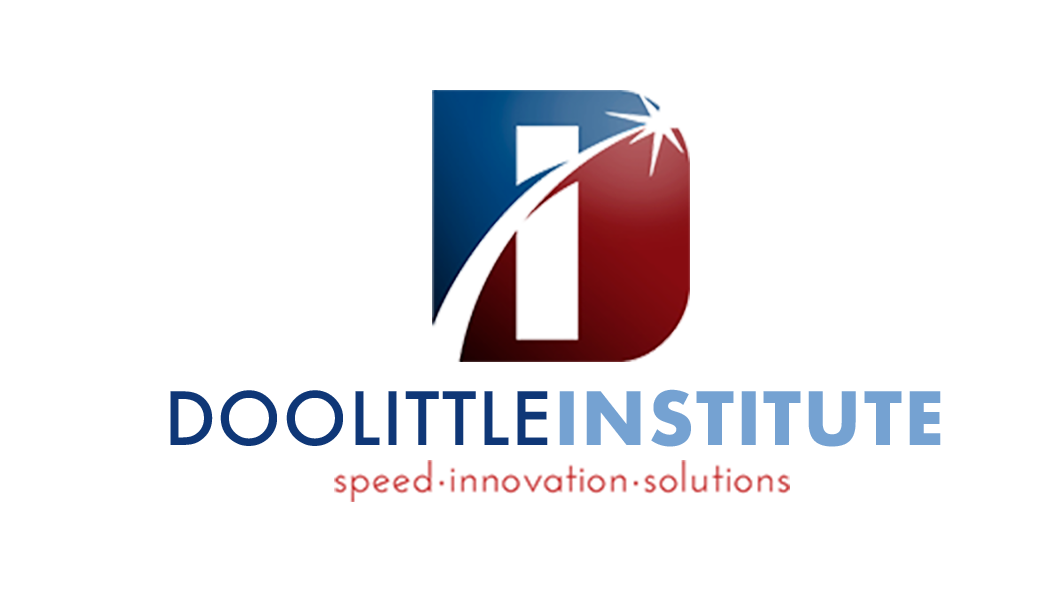
AFRL Awards Roughly $3 Million to Innovators in 2021

The Air Force Research Laboratory (AFRL) this year has supported a series of grand challenges through the NSIN Source program to create products that will make Air Force technology better, safer, and stronger. By the end of December, AFRL is committed to award close to $3 million to entrepreneurs for their innovative solutions.
“NSIN was an easy choice to choose as a partner for the grand challenges we have managed for AFRL,” said Bob Lee, Innovation Project Manager at Wright Brothers Institute, who facilitates the AFRL grand challenge initiatives. “The first reason is that it is a [Department of Defense] DoD site where we could post the topics directly to an audience that is interested in military projects. We have also [to date] gotten better results in terms of number and quality of submissions. The site [NSIN UNUM] itself gives us more flexibility in terms of supplemental information we are able to add, not just the topic posting.”
The NSIN UNUM platform brings together innovation leaders from defense, academic, and venture communities with people of all ranks and expertise.
Lee noted, “The NSIN team is very thorough, fast and professional [and] willing to make any changes to enhance the offering. Their graphics team was able to produce great graphics that draw participants to the site and they provide an easy way to notify the whole team about the down selection and winners.”
Submissions for the last 2021 AFRL Grand Challenge are due Dec. 15.
“Some commercial sites ask for equal amounts of fees as the prize amount,” Lee said. “That is not the case with NSIN and this lowers the barrier to entry for new challenges.”
Innovation in Action
Look at how AFRL has successfully partnered with NSIN in developing civilian partnerships to modernize military technology:
AFRL Grand Challenge: Large-Scale Metal Additive Manufacturing (MAM)
- AFRL sought partners to develop large-format MAM processes for relevant metal alloys with mechanical properties, geometric detail resolution, and surface finishes competitive with laser powder-bed fusion methods at low costs.
- Winning Team: EWI, Ohio State University, and Carpenter
- EWI installed a large-format hybrid MAM system to build a range of complex parts such as a large National Shipbuilding Research Program (NSRP) 1 project and U.S. supply chain materials. OSU leads the National Science Foundation Industry/University Cooperative Research Center (I/U CRC) for MAM and material joining, and is a world leader in integrated computational materials engineering (ICME) for weld/deposits of high-strength steel and MAM distortion modeling. Together, they proposed new MAM technologies that solve for: cooling rate/deposit management to control properties; dimensional management that compensates for build variations and distortions; quality management through control sensors; machine management that maintains apparatus during long builds; and advanced features for overhangs that rival powder-bed processes, gravity-aligned, and non-gravity aligned deposition robotics.
AFRL Grand Challenge: Machine Learning Prediction of Internal Building Structures
- AFRL sought solutions to predict the internal configuration of building structures by only using external satellite photographs of the building taken from various angles. By using the shape, size, and external characteristics of the building (such as the number and spacing of windows), entrepreneurs produced models that could predict building foundation materials and properties, structural detailing, and the strength of load bearing or frame structures.
- Winning Team: Karagozian & Case, Inc.
- Karagozian & Case, Inc. provides state-of-the-art scientific and engineering services to quantify and manage risks, design protective solutions, and develop technology for the construction, defense, manufacturing, space, and energy markets. The team quantifies system vulnerabilities to a variety of man-made and natural threats, developing novel and cost-effective engineering designs to mitigate them, formulating and employing state-of-the-art analytic methods and software, and conducting applied research and testing. The team’s grand challenge solution is proprietary information and cannot be publicly released.
Learn more about Karagozian & Case, Inc. business solutions here.
About NSIN
The National Security Innovation Network is a program of the U.S. Department of Defense that collaborates with major universities and the venture community to develop solutions that drive national security innovation. We operate three portfolios of programs and services: National Service, Collaboration, and Acceleration. Together, these portfolios form a pipeline of activities and solutions that accelerate the pace of defense innovation.


